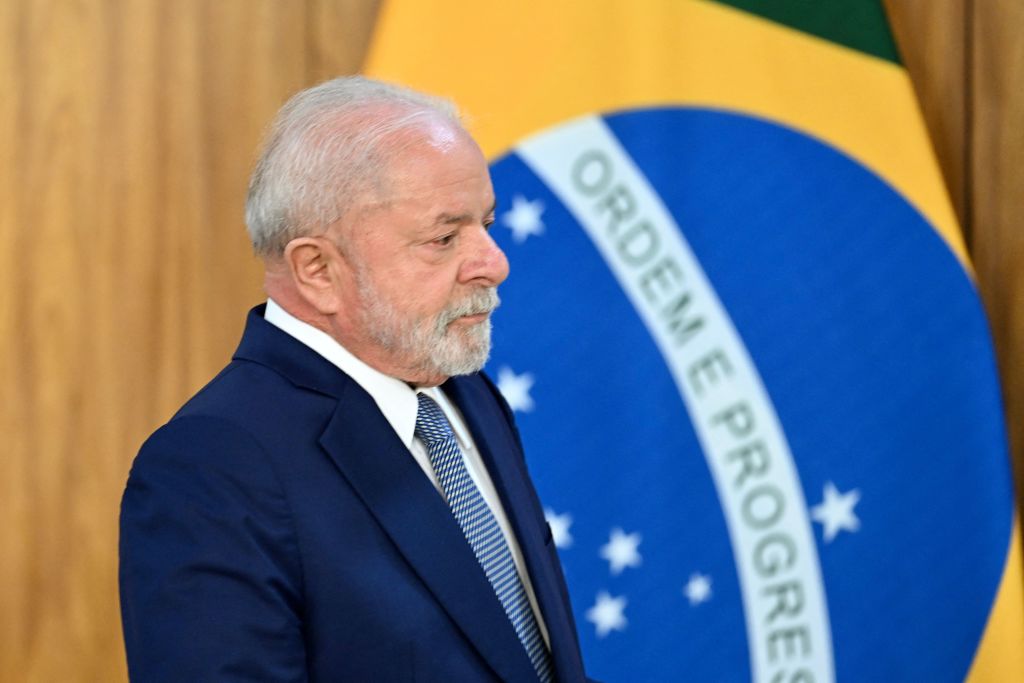Efforts by Brazilian President Luiz Inacio Lula da Silva to unite South American nations in a regional summit have faced significant hurdles due to diplomatic crises and political uncertainty, particularly surrounding Ecuador and Venezuela. Diplomatic sources in the region report that Lula’s initiative to convene a summit has lost momentum due to disagreements among South American leaders and skepticism over the political direction in several countries.
In May, Lula gathered 11 presidents in Brazil’s capital for the Brasilia Consensus, aiming to foster regional dialogue and cooperation. However, the meeting’s agenda was marred by the contentious presence of Venezuelan President Nicolas Maduro, leading to criticism from other leaders. Chilean President Gabriel Boric and Uruguayan President Luis Lacalle Pou, among others, expressed disapproval of Maduro’s inclusion in a summit of democratic leaders.
The situation has been further complicated by recent events, such as Venezuela’s controversial election scheduled for July and Ecuador’s incursion into the Mexican embassy to apprehend an opposition politician. These incidents have deepened divisions among South American nations, casting doubt on the viability of a new summit in the near future.
Despite these challenges, Lula has not abandoned his ambition to promote regional integration. He indicated plans to engage with Boric during a state visit to Chile on May 17-18, with hopes of fostering discussions among South American leaders. However, Boric’s response to the idea of hosting a summit was less enthusiastic, indicating that such a meeting was not part of the current agenda.
Political analysts suggest that the diplomatic crisis and differing political ideologies among South American leaders make it difficult to achieve a consensus on regional issues. Brian Winter, Vice President of Policy at the Council of the Americas, noted that ongoing diplomatic tensions and uncertainty over the political situation in Venezuela have dampened enthusiasm for any regional summit.
Given the divisive nature of the political climate in South America, particularly surrounding Venezuela’s upcoming election, many diplomats believe that holding a productive summit may be unrealistic. Concerns about differing recognition of Maduro’s presidency and the fallout from Ecuador’s embassy raid are likely to continue to impede any significant progress towards regional unity.
Despite these obstacles, Lula remains determined to pursue regional integration through the revival of the Union of South American Nations (Unasur), a bloc established in 2008. However, with key countries distancing themselves from Lula’s views on Venezuela and other contentious issues, the road ahead for South American cooperation appears rocky and uncertain.






